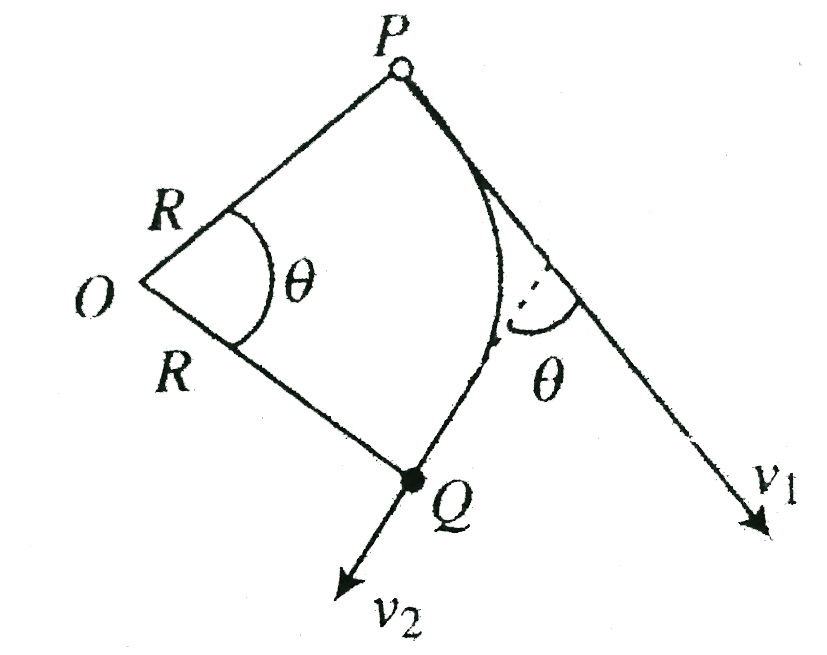the circular motion of a particle with constant speed is
periodic but not simple harmonic
simple harmonic but not periodic
period and simple harmonic
neither periodic not simple harmonic.
The correct Answer is:A
Circular motion of a particle with constant speed is periodic but not simple harmonic.
Topper's Solved these Questions
- LAWS OF MOTION BOOK - MTG-WBJEECHAPTER - LAWS OF MOTION EXERCISE - WB JEE WORKOUT (CATEGORY 2: SINGLE OPTION CORRECT TYPE (2 MARKS))
15 Videos
- LAWS OF MOTION BOOK - MTG-WBJEECHAPTER - LAWS OF MOTION EXERCISE - WB JEE WORKOUT (CATEGORY 3: ONE OR MORE THAN ONE OPTION CORRECT TYPE (2 MARKS))
10 Videos
- KINETIC THEORY OF GASES BOOK - MTG-WBJEECHAPTER - KINETIC THEORY OF GASES EXERCISE - WB JEE PREVIOUS YEARS QUESTIONS (MCQ)
7 Videos
- MAGNETIC EFFECT OF CURRENTBOOK - MTG-WBJEECHAPTER - MAGNETIC EFFECT OF CURRENTEXERCISE - WB JEE Previous Years Questions
22 Videos
Similar Questions
Knowledge Check
the circular motion of a particle with constant speed is
ASimple harmonic but not periodicBPeriodic an simple harmonicCNeither periodic nor simple harmonicDPeriodic but not simple harmonicIn circular motion of a particle,
Aparticle cannot have uniform motionBparticle cannot have uniformly acceleration motionCparticle cannot have net acceleration equal to zeroDparticle cannot have any force in tangential directionIn uniform circular motion of a particle
Avelocity is constant but acceleration is variableBvelocity is variable but acceleration is constantCboth velocity and acceleration is variableDspeed is constant but acceleration is variable
A particle describes an angle θ in a circular path with a constant speed v. Find the a charge in the velocity of the particle and b average acceleration of the particle during the motion in the curve (circle).
 .
.
View SolutionAssertion : In uniform circular motion speed of particle must be constant.
Reason : In uniform circular motion no force or acceleration is acting on particle acting parallel or in anti parallel to the direction of velocity.
View SolutionIf the kinetic energy of a particle moving with a constant speed on a circular path of radius 4 m is 100 j .Then the centripetal force will be
View SolutionA particle is moving on a circular path of radius R with constant speed v. During motion of the particle form point A to point B

View SolutionA particle is moving on a circular track of radius 30 cm with a constant speed of 6ms−1. Its acceleration is
View Solution
